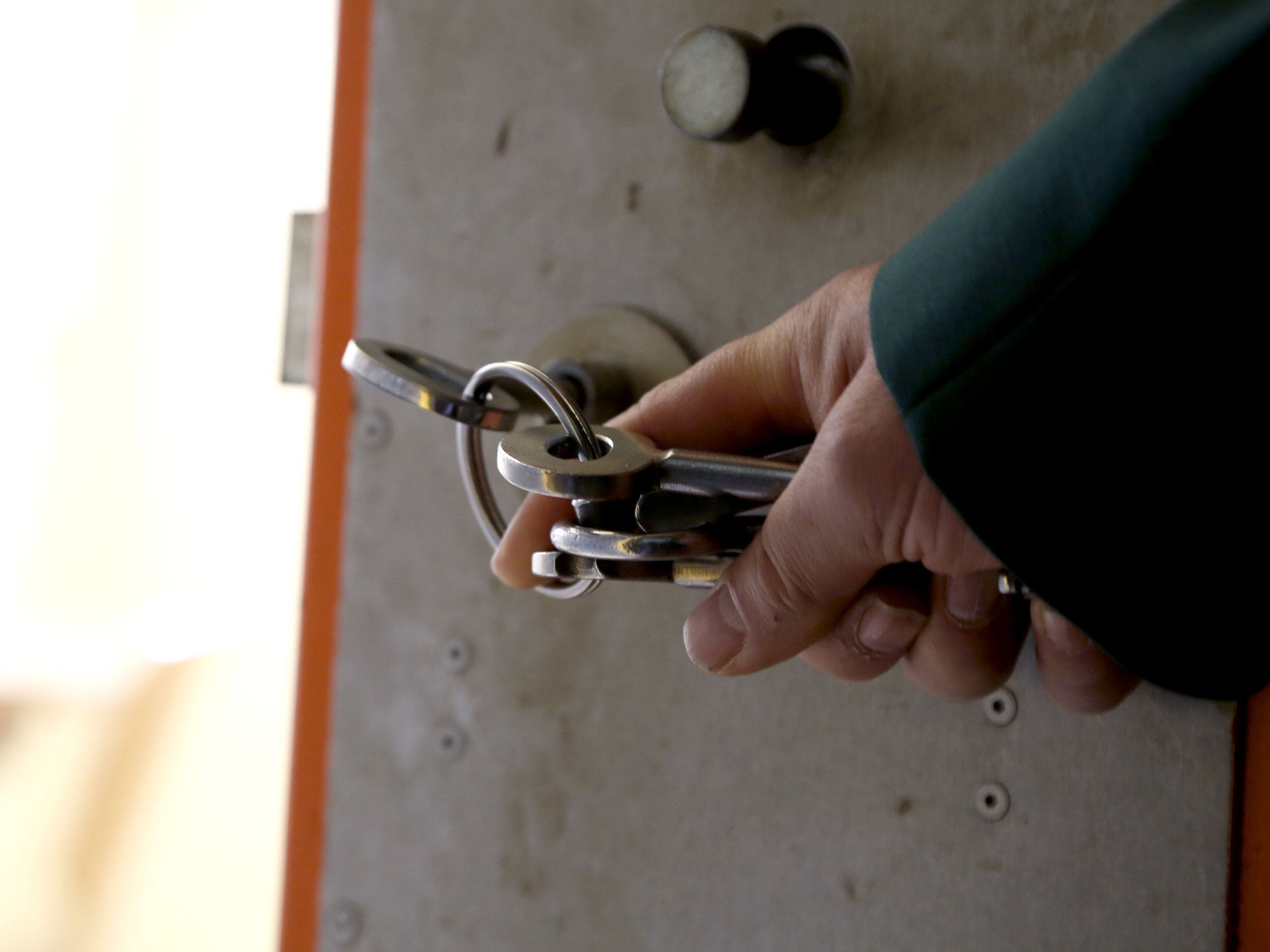On-the-run prisoner Arnold Pickering arrested: Justice Secretary Chris Grayling says rules on open prisons need to be tougher

The recent disappearance of three criminals who absconded after being held in open or lower security prisons has led to a promise by Chris Grayling, the Justice Secretary, to tighten the rules surrounding the temporary release of offenders into the community.
Following Monday’s arrest of convicted murderer Arnold Pickering in Manchester, 48 hours after he failed to return to his cell, all three are back behind bars.
Despite the success of police in rapidly tracking him down – along with the notorious armed robber Michael Wheatley and career criminal Thomas Moffett – has turned the spotlight on to the system of issuing day-passes to prisoners.
Mr Grayling has responded to the publicity surrounding the disappearances – given an extra lurid edge by Wheatley’s “Skull Cracker” nickname – by announcing fresh controls on temporary licences.
Planned changes include fitting electronic tags to prisoners on day release and more stringent risk assessment before passes are approved.
However, penal groups fear the moves will undermine efforts to rehabilitate offenders who could have become institutionalised by the rigid regimes in prison.

The decision of Wheatley, Moffett and Pickering to go missing masks a little-noticed success by the prison system, with the number of inmates absconding falling dramatically in under a decade.
In 2002-03, 1,301 prisoners vanished from custody, either by walking out of open prison or failing to return from temporary leave. Nine years later, the number had fallen to 204.
Nearly 500,000 temporary licences are issued each year to prisoners, about two-thirds of whom are held in mainly open conditions. Fewer than 1 per cent of all releases in 2012 were recorded as a failure, with just a handful (26) leading to a prisoner’s arrest for a suspected offence.
“Rare and bad events make good headlines but tell a fraction of the story,” said Juliet Lyon, the director of Prison Reform Trust.
“Instead of being distracted by a failure rate of five in 100,000 releases, ministers should build on this success.
“Of course there should be a review into any breach of safety and security but, to put things in perspective, government figures show the main lessons to learn from open prisons are that the Prison Service has achieved significant reductions in absconds and that release on temporary licence has succeeded in reducing the risk of reoffending.”
About 4,100 offenders are held in category D open prisons, such as Standford Hill on the Isle of Sheppey, Kent, where Wheatley had been an inmate.
They are considered half-way houses to the outside world for non-dangerous offenders at little risk of reoffending.
The Prison Officers Association argued on Monday that inmates not suitable for open conditions were being transferred to category D jails because of overcrowding elsewhere in the system.
But Frances Crook, chief executive of the Howard League for Penal Reform, said they were important for helping prisoners nearing the end of long sentences to taste life on the outside.
She said: “The authorities can test whether prisoners are ready for release, giving them opportunities to take up employment or education. Without that, prisoners could spend years behind bars, then be ejected to the streets without any preparation – which could lead to more reoffending and more victims of crime.”
Large numbers of inmates are held in the 50-plus category C jails in England and Wales, including Kennet in Merseyside, which had been housing Moffett and Pickering before they went missing.
Bookmark popover
Removed from bookmarks